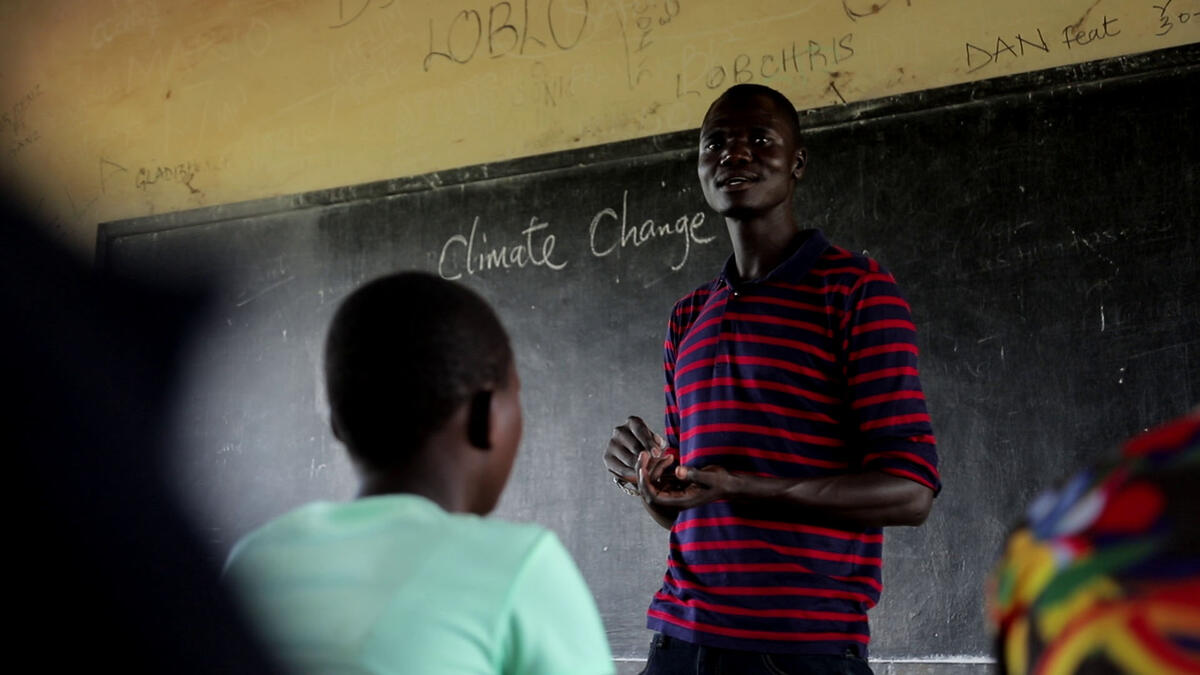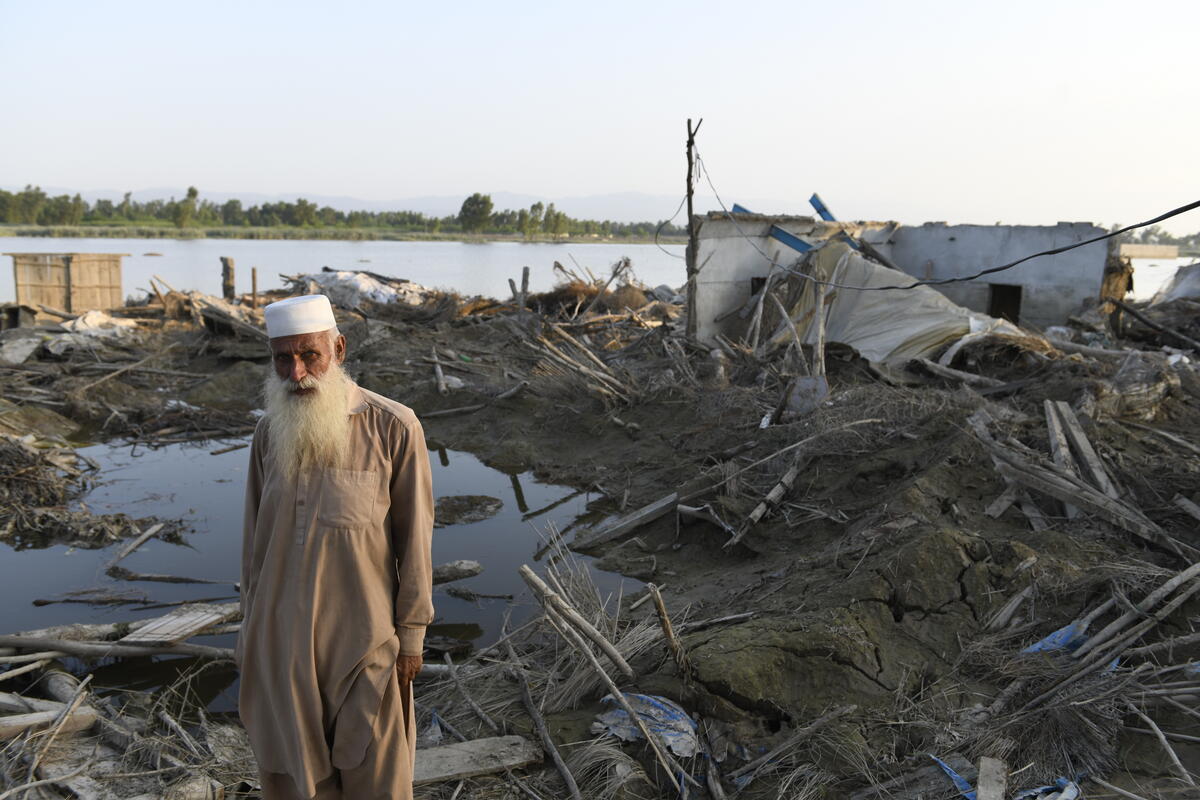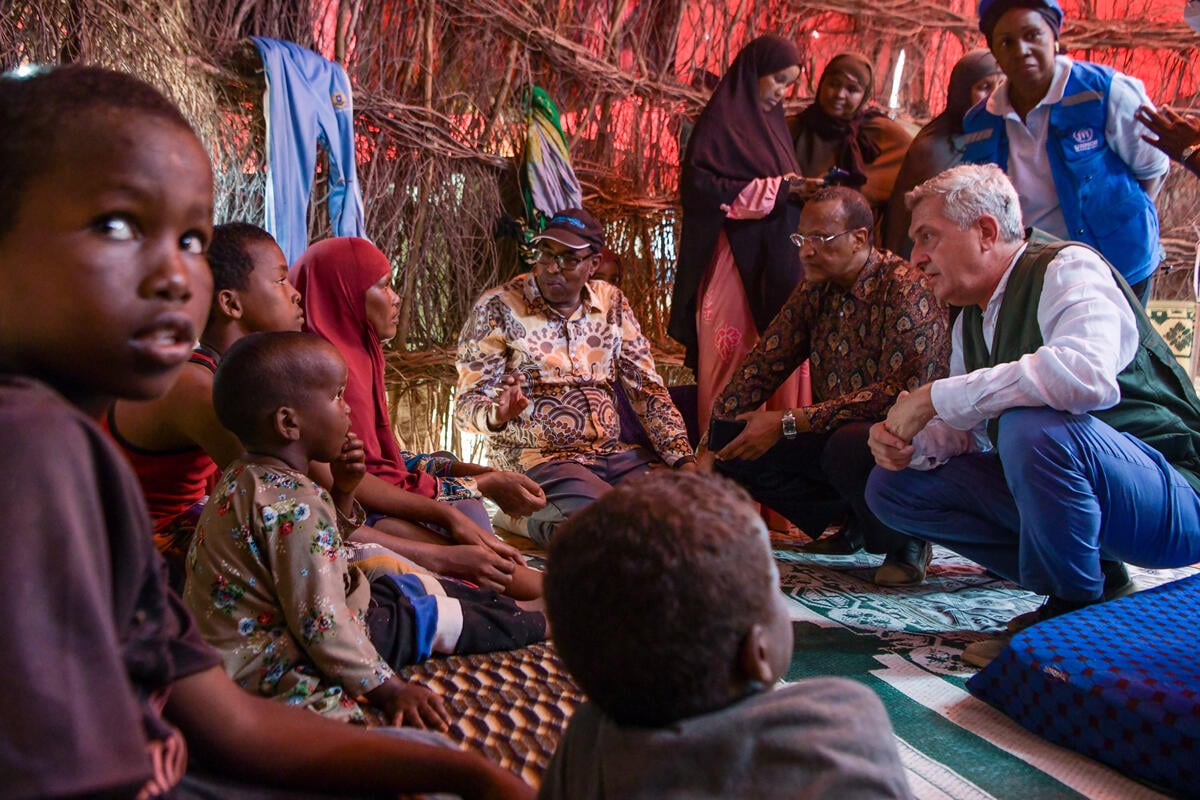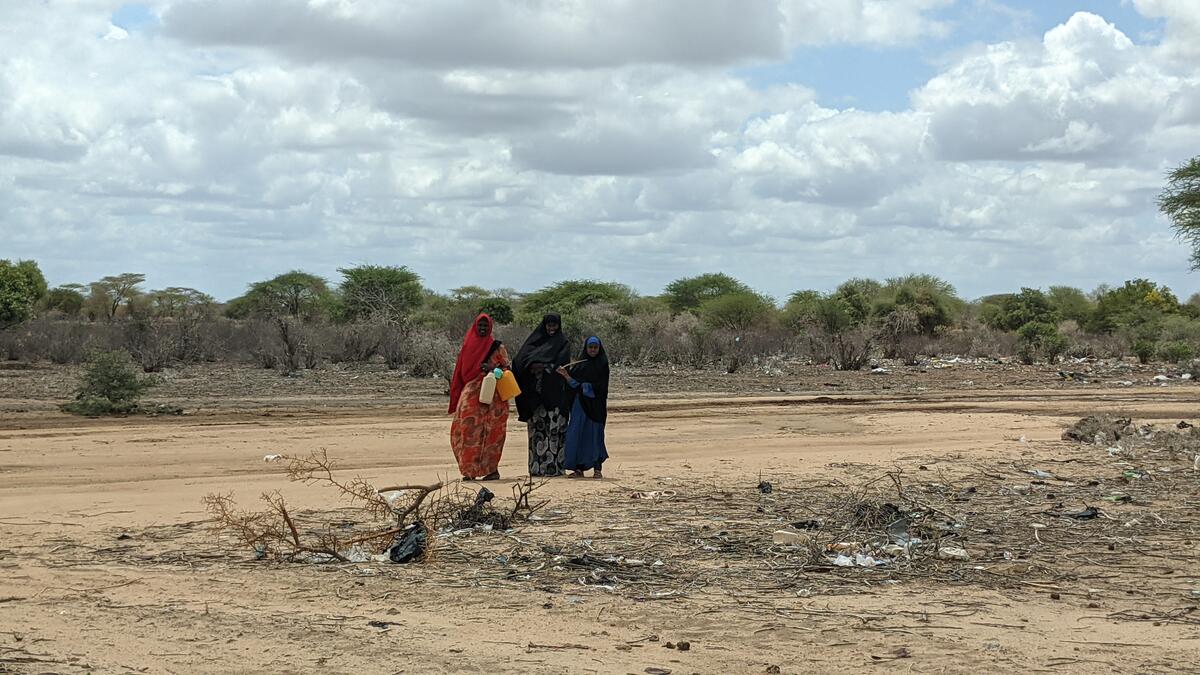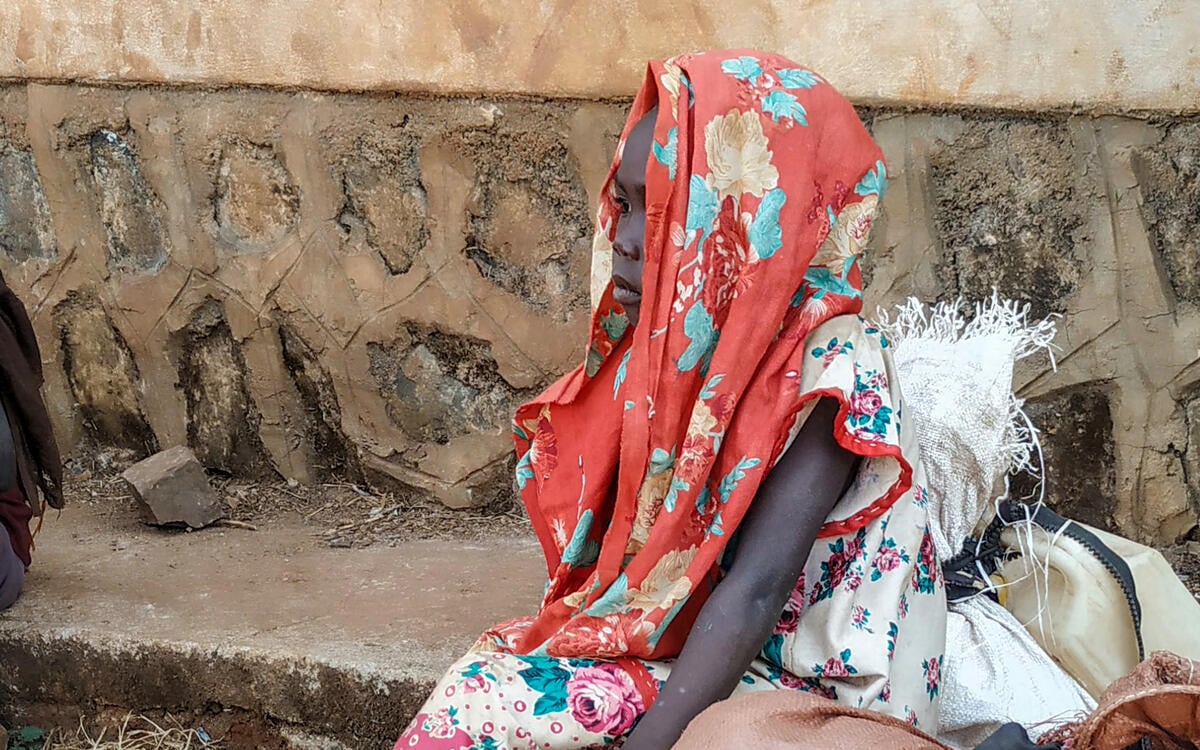Afghanistan: Increasing numbers returning, despite drought
Afghanistan: Increasing numbers returning, despite drought
An increasing number of Afghans are returning home despite the severe drought and renewed fighting in Afghanistan. So far this year, 128,443 Afghans have voluntarily repatriated from Iran and Pakistan. A total of 74,661 Afghans have returned home from Iran since the start of the Joint Progam on 8 April, and 53,782 have repatriated from Pakistan since the beginning of the year.
Although the majority are returning to relatively peaceful parts of Afghanistan, UNHCR field staff are alarmed by the increasing numbers of Afghans going back to areas affected by drought and fighting between Taliban forces and rebels. These people are returning on their own out of desperation. Deteriorating economic conditions, asylum fatigue, growing hostility in host countries and declining donor support are some of the factors which are driving many to return home.
Thousands of Afghans in Iran have taken advantage of a special programme launched jointly by UNHCR and Iran in April to address the problem of undocumented refugees in that country. The Joint Programme, which began on 8 April and runs until 7 October, offers two options to undocumented Afghans in Iran. First, voluntary repatriation for those who wish to return home. Afghans who opt to return are provided with material assistance and free passage. Second, Afghans who are unable to return can submit their claims at nine screening centres manned by UNHCR and government personnel. Those considered in need of protection will be granted asylum in Iran until conditions in Afghanistan enable them to go back.
Seven screening centres in Iran have registered more than 35,000 cases comprising about 175,000 people. So far, the joint UNHCR and Iran assessment teams have processed 17,559 cases, of which 4,581 cases (26.09 percent) have been accepted, 7,347 rejected (41.84 percent) and 5,315 cases (30.2 percent) are pending.
Altogether, there are still 1.4 million Afghan refugees in Iran and 1.2 million in Pakistan.


